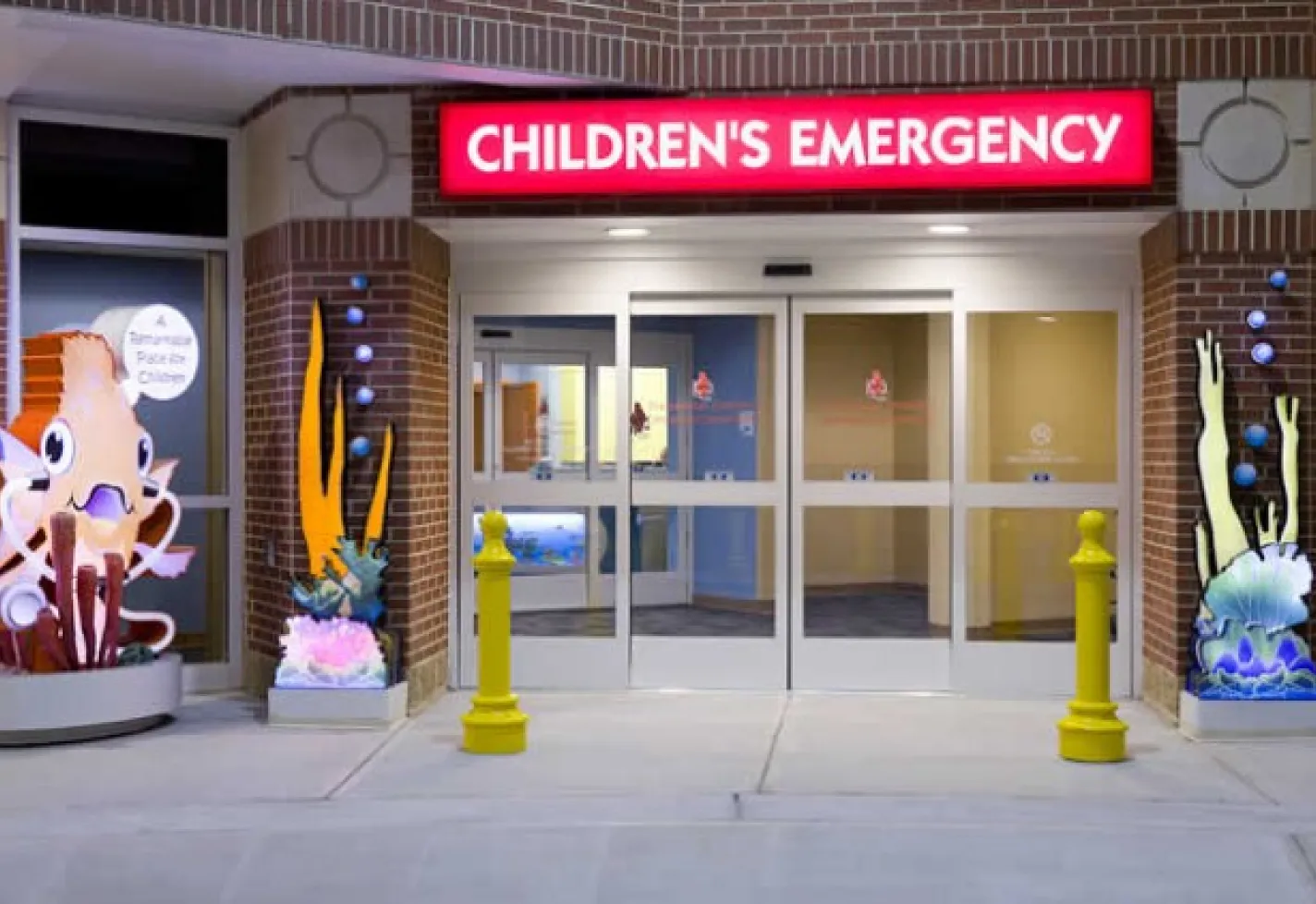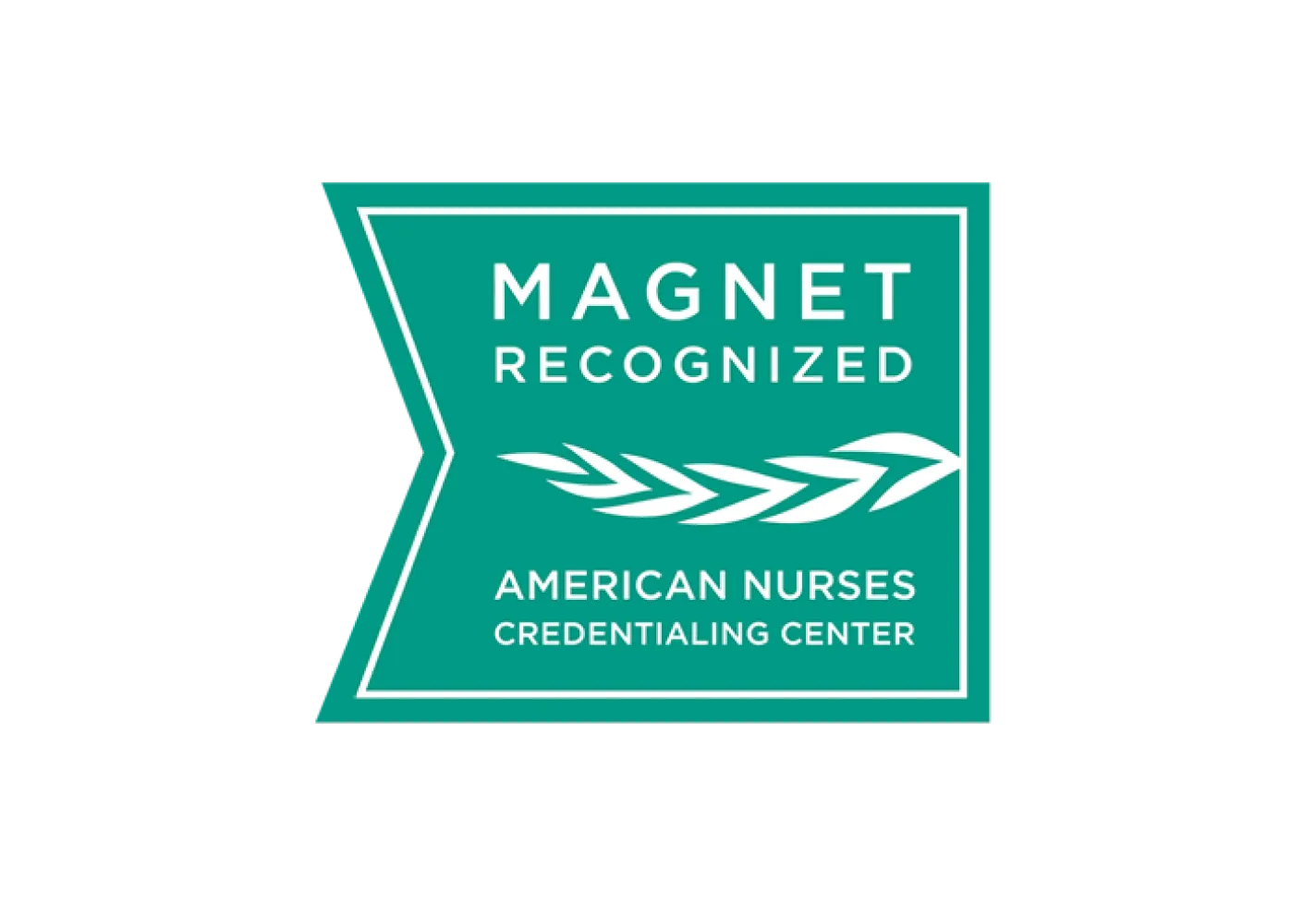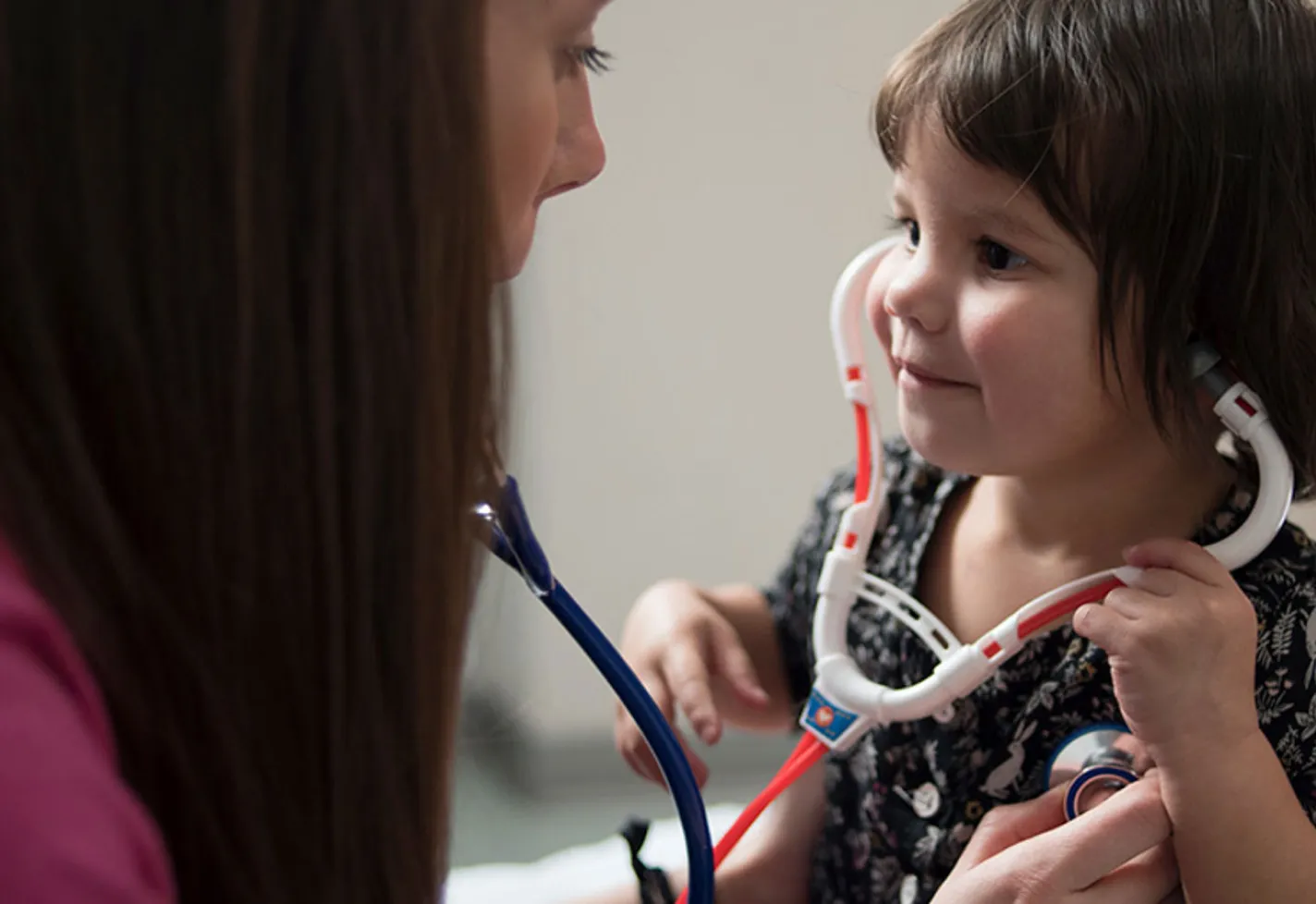Hemby Children's Hospital
Novant Health Hemby Children's Hospital, located within Novant Health Presbyterian Hospital in uptown Charlotte, is committed to caring for your child like our own. We offer comprehensive specialized, leading-edge medical services for babies and kids delivered by some of the most skilled pediatric experts in the region in a child-friendly environment.
Our expansive team of talented pediatric specialists, including surgeons, nurses, nutritionists, physical therapists, and social workers, works closely with your child's pediatrician to provide the well-rounded treatment they need and the peace of mind you deserve.
Getting Around Our Facility

Hemby Children’s Hospital
Find directions to Hemby Children’s Hospital, a map of our campus and where to park.
*The categories above include services offered by the institutes at Novant Health. Some specific treatments or procedures shown in a service category may not be offered at this hospital but are available at other Novant Health locations.

Feel confident about your child’s care
Hemby Children’s Hospital is a member of the Children's Hospital Association. We are proud to have been accepted to this group dedicated to advocating for children and families and leading improvement efforts in safety and quality.
Nationally Recognized Pediatric Care
At Hemby Children’s Hospital, you can expect next-level pediatric care. In 2019, we received Magnet Recognition from the American Nurses Credentialing Center (through Presbyterian Medical Center). This recognition is reviewed every four years.


Your family is welcome here.
Novant Health's values include diversity, equity and inclusion because we know that every person is different and shaped by their unique life experiences.

Connect with Novant Health.
From inspiring patient stories to innovative medical advancements, there's always something new happening at Novant Health. Get the latest healthcare news, expert advice, recipes and feel-good stories delivered to your inbox.
